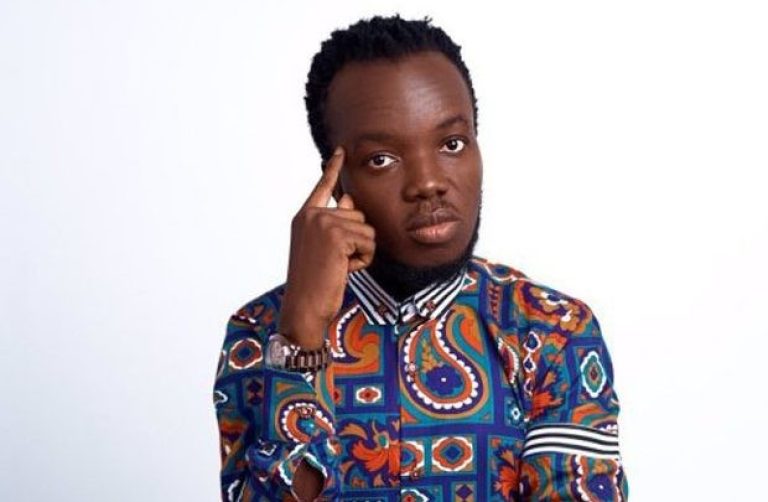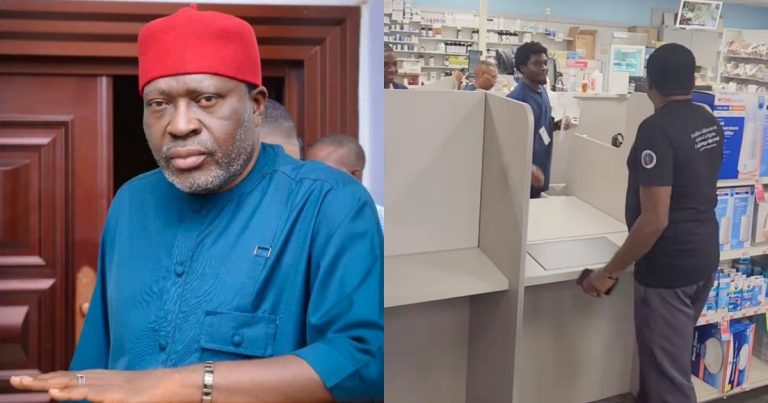- Van Vicker has publicly called out veteran filmmaker Abdul Salam Mumuni for failing to pay him for work done in 2015.
- The actor claims he starred in a series produced by Salam but was never compensated.
- He says the issue has remained unresolved for a decade, despite attempts to reconnect professionally.
- Van Vicker believes he’s not the only actor owed by Salam and wants to shed light on broader exploitation in the industry.
- He urges producers to respect actors’ contributions and stop normalizing unpaid labor.
- The revelation has reignited conversations about ethics and accountability in Ghana’s film sector.
- Van Vicker’s comments follow years of tension with Salam, dating back to earlier disputes over creative control and financial transparency.
Van Vicker is speaking out — and this time, it’s not about a role but a reckoning. The award-winning Ghanaian actor has revealed that veteran filmmaker Abdul Salam Mumuni still owes him payment for a television series they worked on in 2015. According to Vicker, despite playing a pivotal role in the project, he was never compensated, and the issue has remained unresolved for ten years.
The actor made the revelation during a recent interview, stating that Salam approached him after years of professional silence to collaborate again. They completed the series, but payment never followed. Vicker says he’s not alone — other actors who worked under Salam’s production banner have also gone unpaid.
This isn’t the first time Van Vicker and Abdul Salam have clashed. Their relationship, which began with the 2007 film “Beyoncé,” has been marked by creative disagreements and financial friction. Vicker previously declined to work on a sequel to the film after Salam refused to share production rights.
Now, Vicker is using his platform to call for change. He says the issue isn’t just about money — it’s about respect for the craft and the people who bring stories to life. He’s urging producers to stop exploiting actors and to communicate openly when financial constraints arise.
The interview has reignited debate about labor ethics in Ghana’s entertainment industry, where informal agreements and delayed payments are often normalized. For Van Vicker, speaking out is a matter of principle — and a call for accountability.



